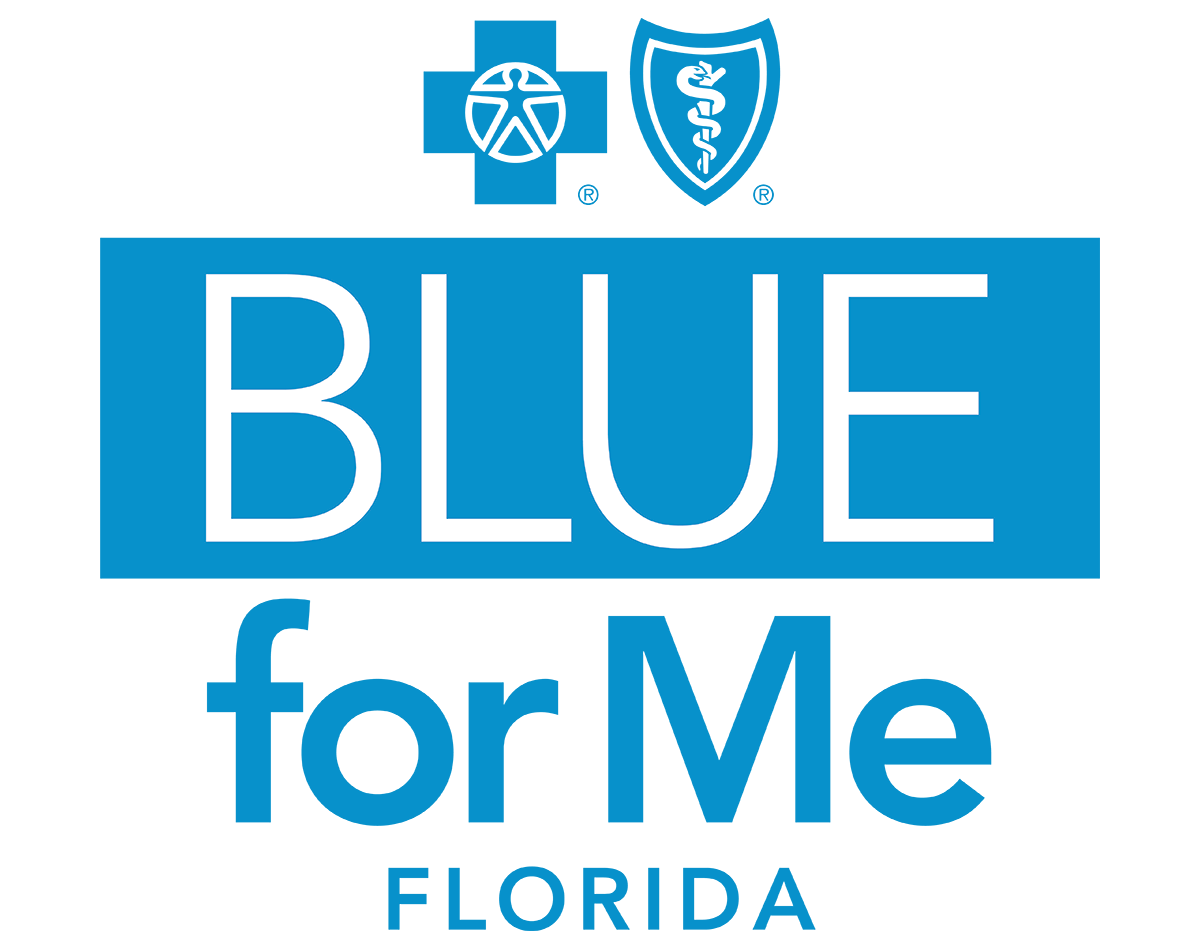Need to Hire a Home Health Aide? Start Here.
Knowing what to look for and the right questions to ask can take some of the stress out of finding the right caregiver for a loved one.

Maybe you’ve noticed that everyday chores like cooking or food shopping have become too hard for a loved one. Or perhaps they’re struggling to get dressed or bathe on their own. If that sounds familiar and you need some support to manage it all, it might be time to hire a home health aide.
A home health aide is a caregiver who assists someone living independently at home. They help with activities of daily living such as dressing, eating, and bathing, and they check on your loved one’s well-being. Bringing in someone from outside the family can be a bit nerve-racking. You want your loved one to feel comfortable and safe.
To help you make the best decisions for your family, here is some helpful information about getting started — and smart questions to ask as you move forward.
You don’t have to navigate caregiving alone. You have access to a Care Team and no-cost programs that can help you manage stress, depression, provide helpful resources, and more through BlueForMe. Call 844-730-2583 to see if you’re eligible for BlueForMe today.
Understand Your Options
Before you hire a home health aide, you have a big decision to make: Should you choose an independent caregiver or use an agency that employs home health aides? Here are some of the main differences between them.
- Independent caregivers may cost less than an agency. That’s because they don’t have the expenses of running a business. The average national rate for a private caregiver is about $26 an hour. But the rate varies depending on where you live. In some parts of the country the rates are as low as $18.50 an hour; in other parts it can be as high as $35 an hour. By comparison, agencies charge about $27 an hour, on average.
With an independent caregiver, you also have more scheduling flexibility. You can make a schedule that works best for your loved one’s needs. The biggest downside? The person you choose may not be as thoroughly vetted as agency caregivers.
One more thing to consider is whether your loved one is eligible for Veterans Affairs (VA) benefits. If so, they may qualify for the Program of Comprehensive Assistance for Family Caregivers. This program provides a monthly stipend that is paid directly to the caregiver. To learn more, visit the VA’s website.
- An agency will perform more background checks on their employees. Also, agencies can offer backup care. Say your everyday caregiver calls in sick. The company can quickly get someone else to fill in. You also know what to expect from an agency caregiver, since everyone on the staff is trained the same way.
One more advantage of agencies: They can handle administrative hassles. That includes paying employment taxes and making sure the caregivers have proper training or licensing. You will have to do those things on your own if you hire a caregiver independently.
5 Questions to Ask Yourself Before Finding a Caregiver
Before you start your search, ask yourself and your loved one these key questions. Answering them can help guide your decisions.
- What types of activities does your loved one need help with? A basic home health aide can help with chores like cooking, cleaning, and bathing. Do you need someone who can also offer medical services like giving medications? If so, you may need to hire someone who has medical training.
- Do you need a caregiver with specific experience? For example, you might need a home health aide who has cared for people with memory issues. Or perhaps you need someone who can speak more than one language.
- How many hours of caregiving services per day or week does your loved one need? If they live alone, you may want an aide who can check in regularly and give companionship.
- Do you have backup care handy if your everyday caregiver needs time off? For instance, can you or someone else in your family easily step in? If the answer is no, you might want to opt for an agency.
- How much can you afford to pay per hour or per week? Keep in mind that Medicare often covers skilled home health services. Examples include nursing and physical and occupational therapy. But Medicare typically will not pay for basic home caregiving, such as making meals or doing laundry. Does your loved one have long-term care insurance? In-home housekeeping tasks are usually covered in those plans.
Have questions about the health benefits of someone in your care? Use the BlueForMe app to connect with a Care Team for more answers. Call 844-730-2583 to see if you’re eligible for BlueForMe today.
7 Questions to Ask Caregivers Before Making a Hire
You will likely have your own list of questions to ask that are specific to your loved one and their needs. But here is a list of common things to ask while you’re interviewing a home health aide.
- Can we meet you in person before we hire you? This is a great chance to make sure the caregiver’s personality works with your loved ones.
- What are your credentials? If the aide says they are licensed, ask for verification.
- Can you share references? Ask for recommendations from at least 2 employers. Check them thoroughly.
- How much do you charge? Be sure to find out which home health services are included in those fees. At the same time, ask if there are any duties that they won’t do.
- Do we need to provide you with meals? This may be an added expense.
- What about payment for sick days, vacation days, and holidays? Be clear about how many sick days and vacation days are allowed. Also make it clear which days you consider holidays. You might give the home health aide the day off and still pay them. Or you might pay them extra since it is a holiday.
- Do you stay awake during overnight shifts? It’s important that a home health aide is alert during their shift.
Finding the right caregiver can take time. But it’s time well spent. So do your research. Arm yourself with the right information and questions. And don’t be afraid to go with your gut. If a potential caregiver checks all the right boxes and your loved one seems comfortable with them, there is a good chance you have found your match.
For more information on caregiving, you can search the private health resource library in your BlueForMe app or call 844-730-2583 to see if you’re eligible for BlueForMe, today.
[Sources]
[1] “Genworth Cost of Care Survey.” Genworth, February 14, 2022, https://www.genworth.com/aging-and-you/finances/cost-of-care/cost-of-care-trends-and-insights.html. Accessed March 14, 2023.
[2] “VA Caregiver Support Program.” U.S. Department of Veterans Affairs, February 3, 2023, https://www.caregiver.va.gov/support/support_benefits.asp. Accessed March 14, 2023.
DISCLAIMER: Florida Blue has entered into an arrangement with Wellframe to provide members with care decision support services, information and other services. This article is provided by Linkwell Health through their arrangement with Wellframe. Please remember that all decisions that require or pertain to independent professional medical/clinical judgment or training, or the need for medical services, are solely your responsibility and the responsibility of your physicians and other healthcare providers. Wellframe is an independent company that provides online services to Florida Blue members through the Blue for Me app.
